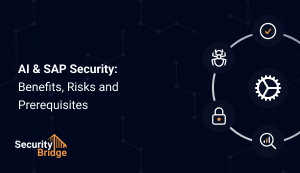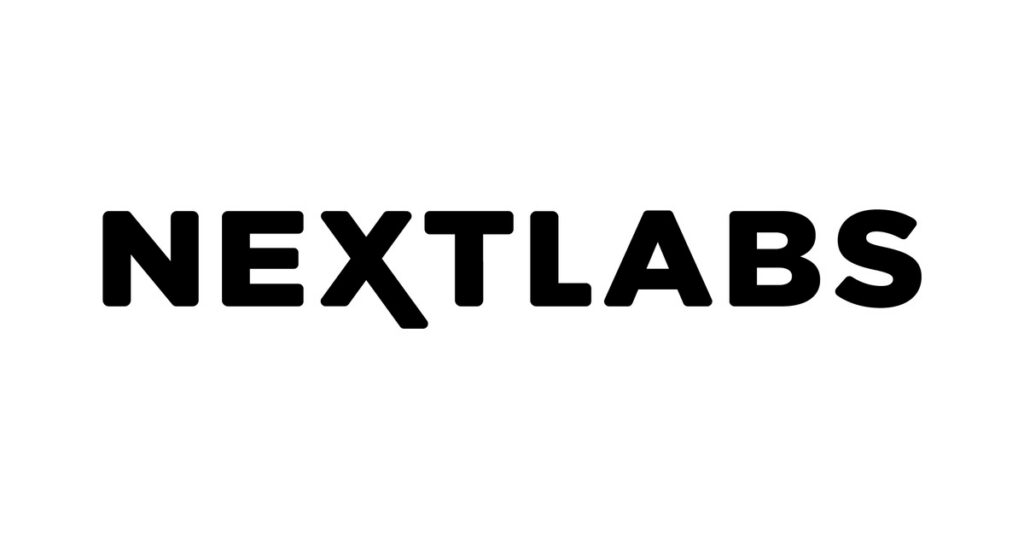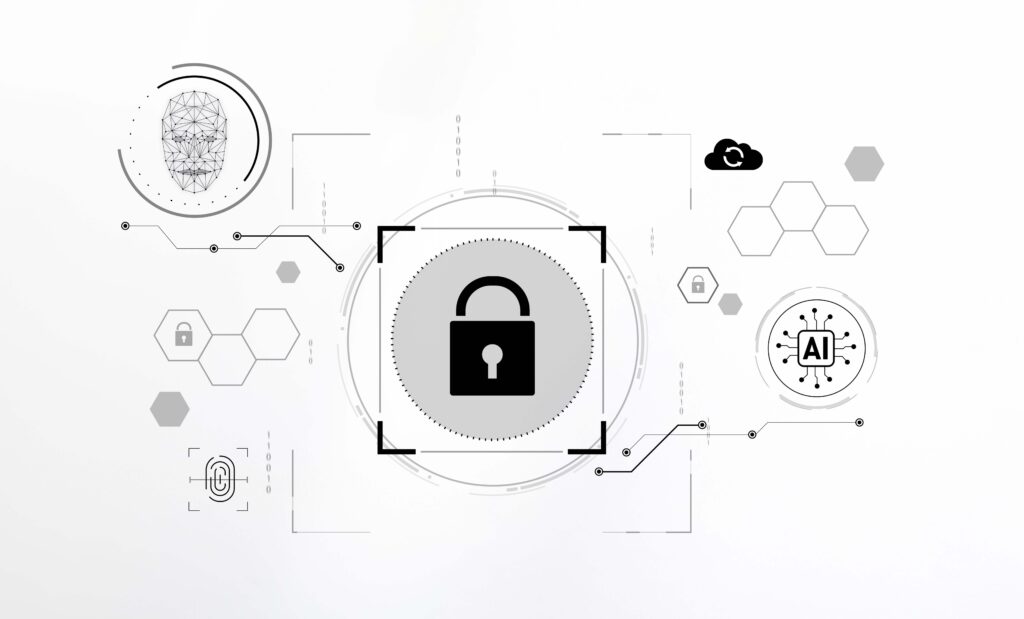Click Here to View Session Deck.
The future is already here – it is not evenly distributed. Even though early adopters began moving to the public cloud a decade ago, we find ourselves still at the initial stages of Cloud Transformation. This transformation's impact ripples through organizations in ways that many are unprepared for. Adopting a cloud-native approach necessitates a transformation that goes far beyond developer teams, affecting every layer of an organization.
Current cloud best practices remain undefined. Our conventional frameworks and playbooks, built on years of expertise, often don't align well with the unique demands of the cloud. How then do we communicate this new paradigm to colleagues, partners, auditors, and customers? The new security risks of the cloud are ever-present, but the cybersecurity industry itself is in transition, with vendors, offerings, and even market categories in constant flux. At the same time, major cloud providers continue to advance their services at an impressive pace.
SAP managed to navigate these complex challenges as its multi-cloud landscape expanded rapidly. This was achieved by fostering a shared sense of destiny across the organization. Attend this session to glean insights from SAP's experience, and arm yourself with the knowledge needed to secure your own cloud journey, embracing both the opportunities and the unique challenges that the cloud presents.
You will:
- Understand cloud security fundamentals and learn the core principles and best practices for cloud security.
- Explore the approaches of shared responsibility models, where both the cloud provider and the user have specific roles in ensuring security, as well as the tools and techniques used to protect data, applications, and networks in the cloud.
- Learn how to tailor security measures to fit your unique cloud environment and business requirements.
- Gain insights into how to align cloud security strategies with legal requirements such as GDPR, HIPAA, or other industry-specific regulations, ensuring both legal compliance and a robust security posture.








